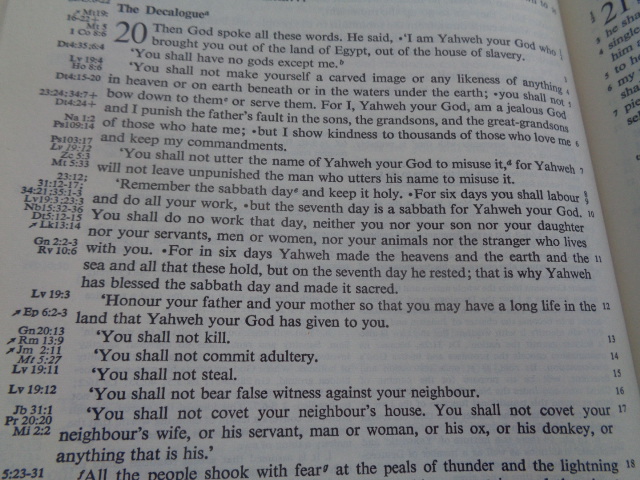
Shabbat Shalom, Y’all
In 2009, or thereabouts, I began researching & studying the US Constitution, and the course I was taking led me to read the book of Deuteronomy anew. (The course itself was not religious in nature — it just referenced the books of the Bible where the Ten Commandments were listed.)
So, after a short while, having meditated on the chapter containing the Ten Commandments (chapter 6), I took to heart the instruction (verses 6-9) to teach these commandments diligently to the children & talk about them all the time, posting them at one’s gates and on the posts of one’s home.
Thus began my Ten Commandments Campaign.
At that time our kids were about the ages of 14, 5, 4 & 2.
Ten Commandments Campaign
I decided to type up the Ten Commandments from Exodus 20, and tacked two other Bible verses to the bottom of it: Deuteronomy 6:5 and John 14:15.
I, then, made a whole bunch of copies to post throughout the house, to include the inside of our front & back doors.
The oldest child noticed right away, of course. I didn’t really need to “teach” them to him — He was already familiar with them to a degree. But now, they were in his face everywhere he went, and he could read. 😉
But with the younger kids, I dedicated myself to teach them to them and continually talk about them, discussing with them what we thought they meant.
To this day we have a 3″ x 8″ laminated card posted on all our exterior doors identifying the Ten Commandments as written in Exodus 20:3-17. I don’t know how noticeable they are to the kids anymore, but every once in a while it still catches my attention.
But soon after starting this project, my husband and I began to read the posted signs regularly, and we started to question the fourth commandment, regarding the 7th day being the Sabbath day.
What About the 4th Commandment?
If the seventh day, which I understood to be Saturday, was to be a day of no working, then why were we working on it? (At the time we had an online business, and we worked at it all the time.)
I began to ask people in church, to include our pastor and some of the other leadership, but it was kind of swept under the rug. I was told things like, “Sunday is our Sabbath day” or “that’s been done away with — Jesus is our Sabbath rest”. But those answers didn’t sit right with me.
So, to be on the safe side, we stopped conducting our business on Saturdays and started spending more time reading the Bible to learn more about the Sabbath day. We wanted to determine how (and/or if) that 4th commandment applied to us (being non-Jews) in the modern day.
What we’ve come to learn is that taking a break from work at the end of the week is a great idea, so we do it, and we have no desire to ever go back.
At first we stopped working on that day, because we wanted to be pleasing in the sight of God and thought, since He commanded that day be set apart from the rest and all the other commandments seemed relavent to all people (not just to the children of Israel), this command must be, too.
We grappled for a long time as to what we were “allowed” or “supposed to be doing” on that day.
But after all our personal study, prayerful pleas for understanding & discussing it with one another, we came to the conclusion that we were free to live our life as we deemed fit, so long as we didn’t work (or have anyone else work for us) on that day.
It was simply our weekly vacation from work — and everyone in the world was allotted a vacation. 🙂
Shabbat Shalom
While studying about the Sabbath in my Bible, I began to learn Biblical Hebrew, and “Shabbat” is the Hebrew word for “Sabbath”.
Another Hebrew word that is very popular in all Hebraic communities is “Shalom”. It is a common Hebraic greeting, which simply translates to “Peace”.
Many within the Sabbath-keeping community, particularly those tied to learning and/or speaking Hebrew will often say, “Shabbat Shalom” leading into, and on, the Sabbath day, which simply means “Sabbath Peace”.
While I spent some considerable time studying Biblical Hebrew and taught my kids a lot of Hebrew vocabulary when they were young, I’m not one to speak it very much.
But, when Saturday rolls around, I can’t help myself sometimes, and I find myself wanting to express this greeting to those who understand its meaning.
Not A Religious Bunch
We don’t consider ourselves religious at all, however we do recognize there is a Higher Power, often referred to as God. And we typically refer to him as YHVH (pronounced “Yah-weh”) from time to time, again only within circles where that name is known. Otherwise, we simply recognize Him as the Creator of the Natural World, which we all inhabit.
We do fear God and seek to live according to His ways — not out of a sense of religious duty, but rather simply because we love Him & appreciate the world He created and the life He has given us. Besides, after living so much in accordance to the World’s way (as taught to us through the System), we came to realize the Creator’s Ways are best! 😉
So, yeah, the Ten Commandments — we consider them to be wise, acknowledging them as guidelines by which we choose to live, so that it will go well with us.
And today, well, it’s the seventh day of the week, and I’m not working. And I have this strange compulsion to say, “Shabbat Shalom”, now that you know what it means. 😉
So, Shabbat Shalom, y’all.
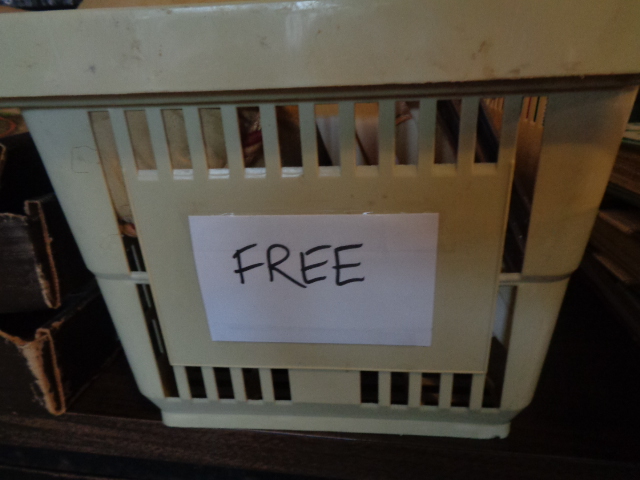

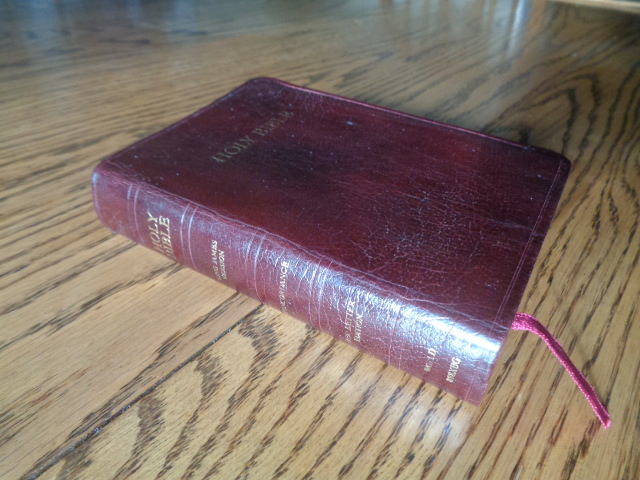
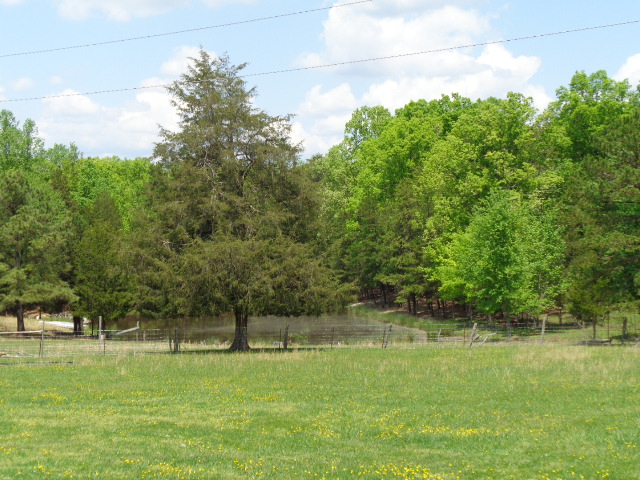
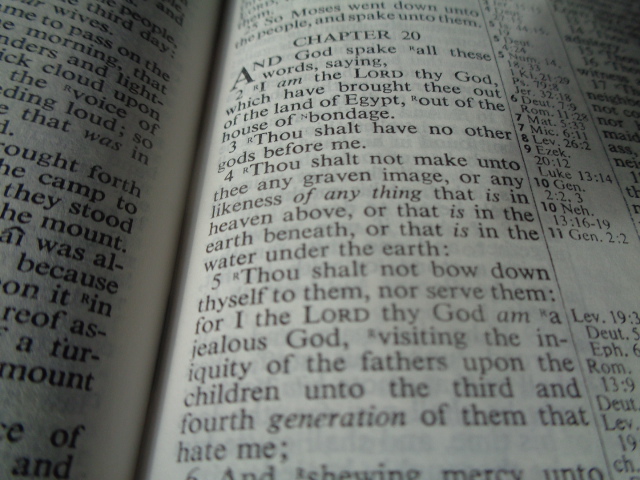
2 Comments
David
Thanks! This was a great post. I was raised going to church on the seventh-day Sabbath. I’m a Protestant Christian. Not only did God command that the Sabbath be kept holy on the seventh day, but He first gave the Sabbath to Adam and Eve at Creation. Of course, this was long before any Hebrews every existed. It’s worth noting, that the new AI system called ChatGPT has no confusion as to what day God intended all of His creation to rest on. Here is what it says when asked… What day did God put in place as the Sabbath?
“In the Bible, the Sabbath day is established as the seventh day of the week, which is Saturday. This is based on the account in the book of Genesis, where it is stated that God rested on the seventh day after creating the world, and blessed and sanctified that day as a day of rest (Genesis 2:2-3).”
“In the Old Testament, the Sabbath is further elaborated upon as a day of rest and worship, and is one of the Ten Commandments given to Moses on Mount Sinai (Exodus 20:8-11). In Jewish tradition, the Sabbath begins at sunset on Friday and ends at sunset on Saturday.”
Of course, the Sabbath was and is not only for the Jews.
Shabbat Shalom 😉
Carrie
🙂